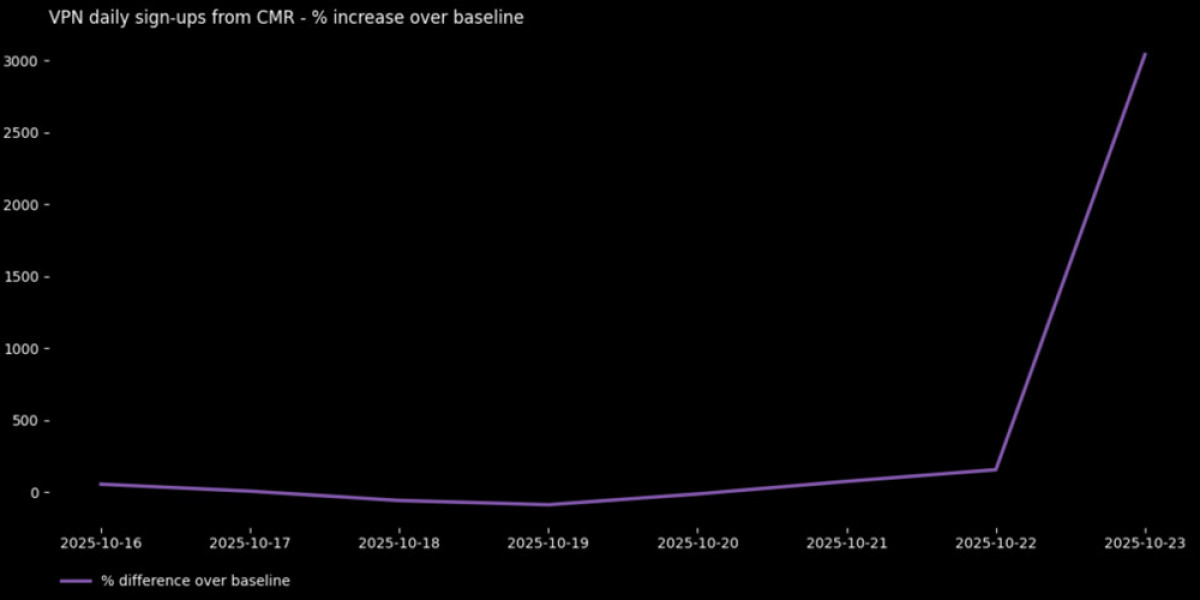Urban e-mobility in India is accelerating rapidly, driven by growing demand for clean, efficient, and affordable transportation. As electric bikes, scooters, and shared mobility solutions expand, the ecosystem is witnessing a transformative shift. The rising popularity of India Electric Bike Market insights reflects this surge in consumer adoption and government support aimed at reducing urban congestion and pollution.
Urban centers such as Delhi, Bengaluru, Pune, and Mumbai are becoming hotspots for e-mobility adoption. The rising concerns over air quality, the push for sustainable transportation, and favorable regulatory moves are collectively fostering a new mobility culture. Electric two-wheelers—thanks to their low maintenance, cost efficiency, and suitability for city commutes—are emerging as the backbone of this shift. Additionally, rising fuel prices and the availability of diverse e-mobility solutions have encouraged both individuals and businesses to transition toward electric alternatives.
Another major driver behind the growth of urban e-mobility is technological advancement. From sophisticated battery management systems to faster charging solutions, innovation is helping overcome earlier adoption barriers. Lithium-ion battery technology has significantly improved both range and performance, addressing consumer concerns about reliability. Smart features like mobile app integration, geo-fencing, anti-theft alerts, and AI-enabled navigation are adding value to electric vehicles (EVs), making them more appealing for urban use. The integration of IoT and telematics is also enhancing fleet management for e-bike rental companies and last-mile delivery services.
Government initiatives are also playing a crucial role. The Faster Adoption and Manufacturing of Electric Vehicles (FAME) scheme, state-level subsidies, and GST reductions have made e-mobility more accessible. Cities are increasingly focusing on establishing comprehensive charging networks, swapping stations, and battery recycling infrastructures. Municipal corporations and smart city initiatives are adopting EVs for public services, further promoting adoption. The shift to electric mobility is not only improving environmental conditions but also boosting India’s manufacturing ecosystem and job creation within the EV sector.
The rise of shared e-mobility solutions has also created new opportunities for urban transportation. App-based e-bike rentals, electric auto-rickshaw fleets, and EV-based delivery operations are becoming standard elements of city mobility. Startups and fleet operators are aggressively expanding their presence, making eco-friendly mobility available at affordable rates. This trend is particularly strong among gig workers and delivery personnel who rely on economical daily commuting options.
Moreover, sustainability has become a central theme for businesses and consumers alike. Companies in logistics, retail, and food delivery are transitioning to electric fleets to reduce carbon footprints and improve operational efficiency. As awareness grows, urban residents increasingly prefer cleaner mobility choices, contributing to a more sustainable urban landscape.
Urban e-mobility in India is not just about transportation; it signifies a paradigm shift toward smarter, greener, and more resilient cities. With continuous innovation, supportive policies, and rising consumer awareness, the future of electric urban mobility looks promising. As India advances toward climate goals and urban development targets, e-mobility will remain a vital driver of progress.
FAQs
1. What is driving the growth of urban e-mobility in India?
Key drivers include rising environmental concerns, government incentives, improved battery technology, and the growing demand for cost-effective urban transportation.
2. How are electric bikes contributing to urban mobility?
Electric bikes provide an affordable, efficient, and eco-friendly solution for short-distance city travel. Their low maintenance and operational cost make them popular among commuters and delivery riders.
3. What role does government policy play in e-mobility adoption?
Government initiatives such as FAME subsidies, tax benefits, state incentives, and support for charging infrastructure significantly accelerate EV adoption in Indian cities.
Read Related Report:-




